Publications
Articles, publications, books, tools and multimedia features from the U.S. Institute of Peace provide the latest news, analysis, research findings, practitioner guides and reports, all related to the conflict zones and issues that are at the center of the Institute’s work to prevent and reduce violent conflict.
Question And Answer
Amid a Changing Global Order, NATO Looks East
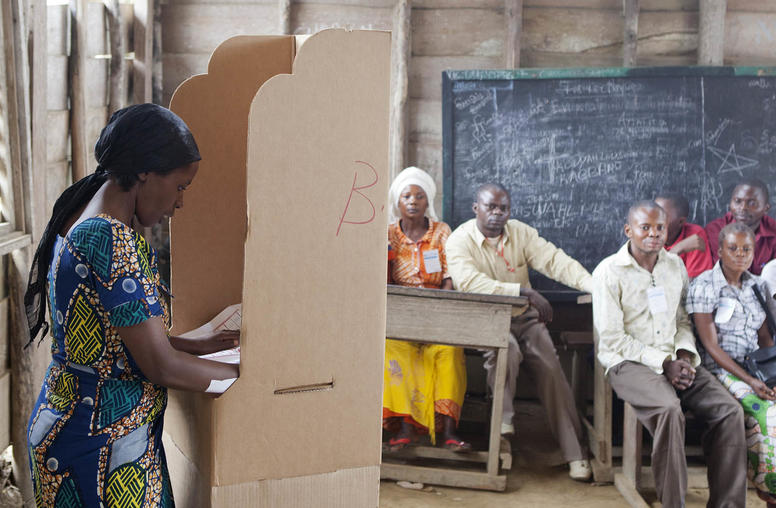
Can the DRC Hold Free and Fair Elections Amid Mass Displacement?
On December 20, the Democratic Republic of the Congo (DRC) is holding its first elections since the peaceful — but contested — transfer of power in 2019 from former President Joseph Kabila to current President Felix Tshisekedi. The elections come amid a climate of instability throughout the country, underpinned by conflict in the eastern regions, economic and social crises, and mistrust between the government and opposition. USIP’s Wapoenje Dacruz Evora and Elizabeth Murray examine the major candidates and the issues most important to voters, the risk for violence during the electoral process, and whether free and fair elections are possible given the mass displacement of civilians in the eastern DRC.
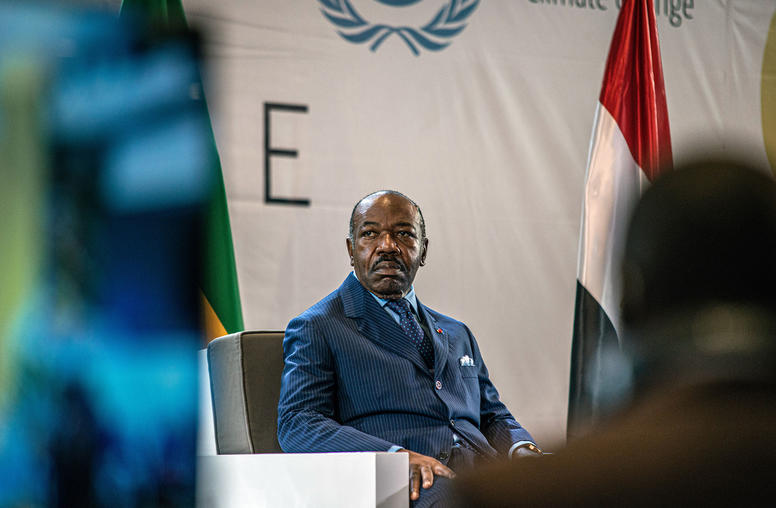
What to Know About Gabon’s Coup
On August 30, just hours after Gabon’s election commission announced that President Ali Bongo Ondimba had been elected to a third term, a group of Gabonese military officers from the elite presidential guard unit seized power and placed the president under arrest at his palace. Later that day, the officers declared General Brice Oligui Nguema as chairman of the transition. While the election itself had been marred by reports of irregularities, the officers’ coup marks the latest in a long line of recent military takeovers across the African continent that have jeopardized regional stability and security.
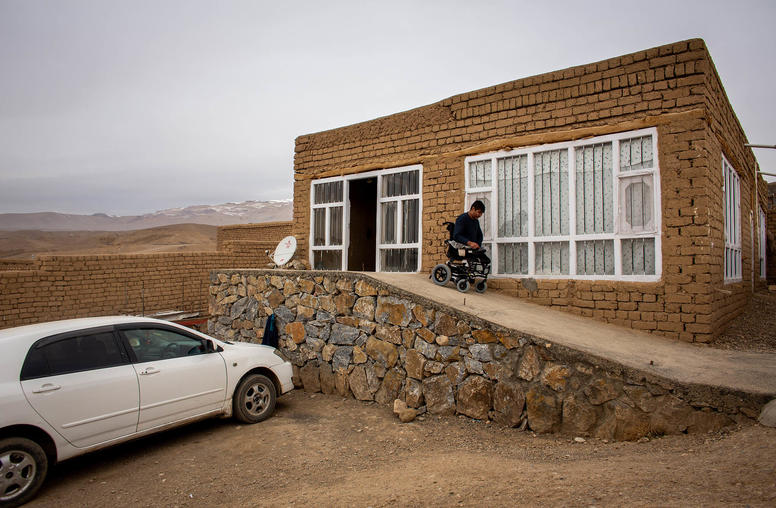
The Role of Accessibility and Funding in Disability-Inclusive Peacebuilding
Persons with disabilities are often left out of peace processes despite comprising an estimated 15 percent of the world’s population. Among those most acutely affected by violence and armed conflict, persons with disabilities who are living in — or attempting to leave — conflict zones face numerous threats to their physical and mental wellbeing, which can aggravate pre-existing disability or lead to secondary disability. Armed conflict and violence also increase the number of newly acquired disabilities, and many of those individuals face the same barriers and challenges as persons with existing disabilities — but without the previous lived experience.
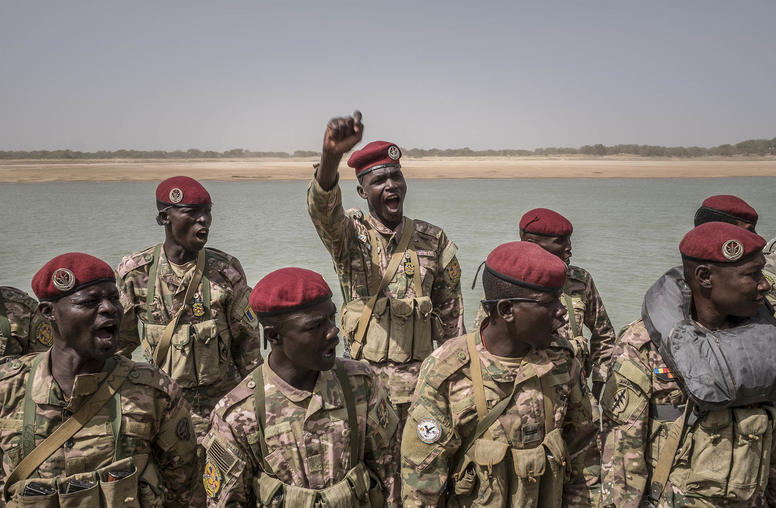
Chad’s Delayed Transition is Frustrating Its Citizens
On May 14, demonstrations against France’s influence in Chad turned violent, injuring several policemen and leading to damage at several French-owned gasoline stations in Chad’s capital city of N'Djamena. Wakit Tamaa, the civil society and opposition coalition that called for the demonstrations, had organized the event for participants to express their disapproval of French military influence in the country — including perceived French support for the Transitional Military Council (CMT) that has ruled the country since April 2021.

La Transition Retardée du Tchad Frustre ses Citoyens
On May 14, demonstrations against France’s influence in Chad turned violent, injuring several policemen and leading to damage at several French-owned gasoline stations in Chad’s capital city of N'Djamena. Wakit Tamaa, the civil society and opposition coalition that called for the demonstrations, had organized the event for participants to express their disapproval of French military influence in the country — including perceived French support for the Transitional Military Council (CMT) that has ruled the country since April 2021.

Elizabeth Murray on Peacebuilding and the Global Disability Summit
The pandemic has “really laid bare some inequalities” facing those with disabilities, says USIP’s Elizabeth Murray. But last week’s Global Disability Summit offered “an opportunity for disability inclusion to be integrated across U.S. foreign policy,” particularly when it comes to peacebuilding programs.
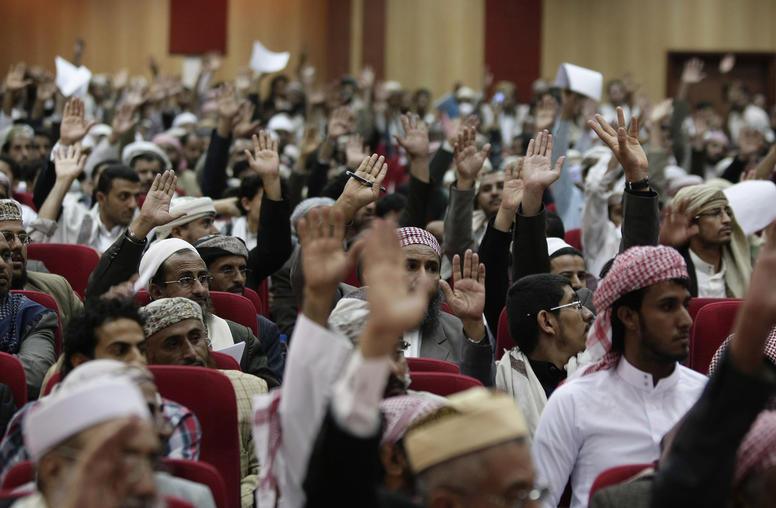
Dialogues nationaux sur la consolidation de la paix et les transitions créativité et pensée adaptative
Dans le meilleur des cas, les processus de dialogue national promettent d’apporter un élan décisif à la transformation inclusive du conflit. Ce rapport examine les dialogues dans six pays: la République Centrafricaine, le Kenya, le Liban, le Sénégal, la Tunisie et le Yémen. Ces divers processus montrent les possibilités de favoriser le dialogue, de forger des accords et de progresser vers la paix; et le rapport offre des conseils détaillés sur les possibilités et les aspects pratiques pour ceux qui envisagent d'organiser un dialogue national.
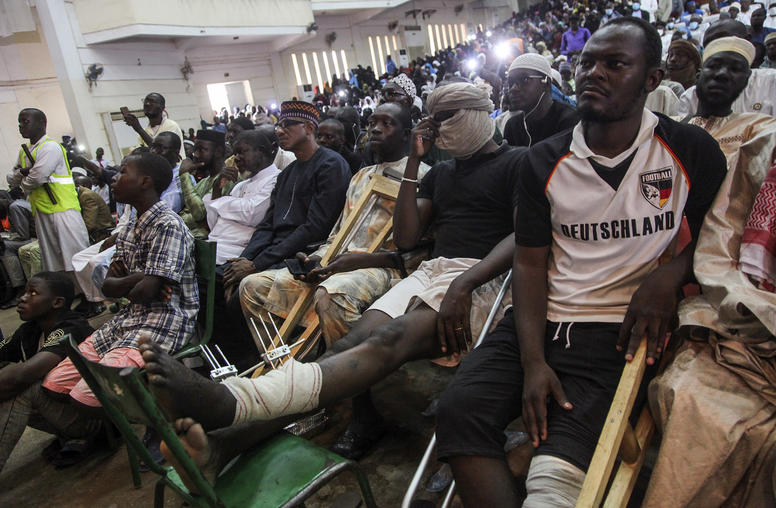
Disability-Inclusive Peacebuilding: State of the Field and the Way Forward
Despite being an estimated 15 percent of the world’s population, people with disabilities are not routinely included in peacebuilding, which would benefit from their expertise and perspectives. Although efforts to include marginalized populations can help, the current deficits are too great to be remedied through general approaches. This report covers the state of the field, identifies gaps and opportunities, and makes recommendations for the inclusion and meaningful participation of people with disabilities in peacebuilding.
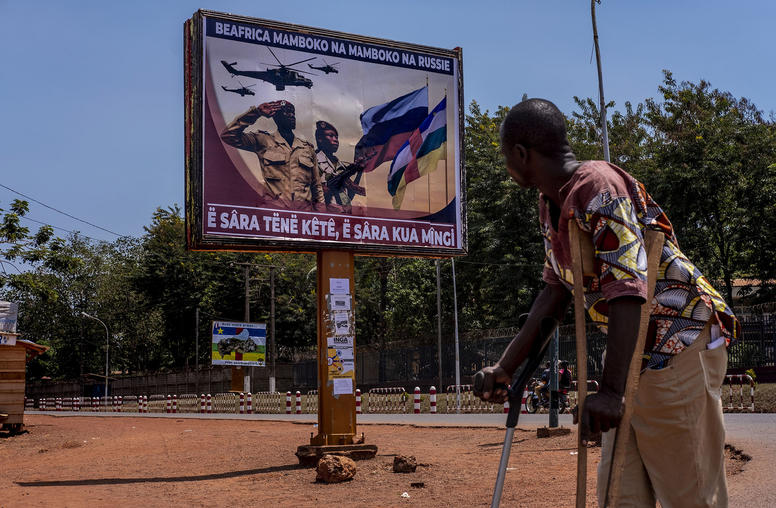
Beyond Fake News: the Central African Republic’s Hate Speech Problem
After a recent contested election, the Central African Republic finds itself in a precarious situation. Violence around the election combined with the socio-economic impacts of COVID-19 and destructive flooding have caused the humanitarian emergency to reach its worst state in five years. Meanwhile, the CAR government has been accused of engaging in Russian-backed disinformation campaigns targeting domestic civil society, French diplomats and the United Nations peacekeeping mission (MINUSCA), threatening key relationships. Even as the long-simmering issue of hate speech continues to draw fault lines through the country, efforts to combat these campaigns have focused primarily on challenging fake news rather than addressing the underlying fear and prejudice that spoilers use to stoke conflict.

National Dialogues in Peacebuilding and Transitions: Creativity and Adaptive Thinking
At their best, national dialogues hold the promise of adding critical momentum in the drive to transform conflict inclusively. This report examines dialogues in six countries—the Central African Republic, Kenya, Lebanon, Senegal, Tunisia, and Yemen. These diverse processes show the possibilities for fostering dialogue, forging agreements, and driving toward peace; and the report offers extensive guidance on the possibilities and practicalities for those considering convening a national dialogue.